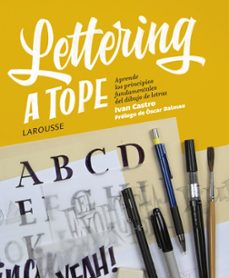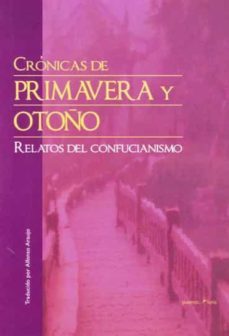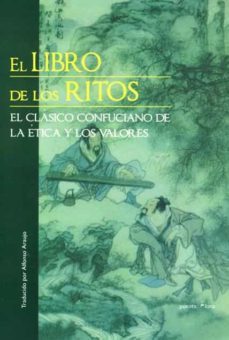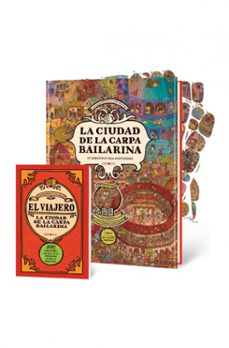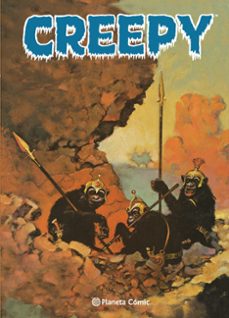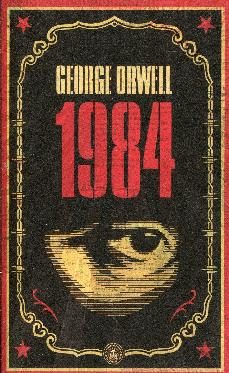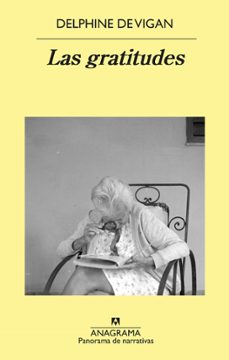📗 Libro en inglés LORD CHESTERFIELD S LETTERS (EDITED WITH AN INTRODUCTION BY DAVID ROBERTS)
Oxford University Press España, S.A.- 9780199554843
Sinopsis de LORD CHESTERFIELD S LETTERS (EDITED WITH AN INTRODUCTION BY DAVID ROBERTS)
My object is to have you fit to live; which, if you are not, I do not desire that you should live at all.' So wrote Lord Chesterfield in one of the most celebrated and controversial correspondences between a father and son. Chesterfield wrote almost daily to his natural son, Philip, from 1737 onwards, providing him with instruction in etiquette and the worldly arts. Praised in their day as a complete manual of education, and despised by Samuel Johnson for teaching `the morals of a whore and the manners of a dancing-master', these letters reflect the political craft of a leading statesman and the urbane wit of a man who associated with Pope, Addison, and Swift. The letters reveal Chesterfield's political cynicism and his belief that his country had `always been goverened by the only two or three people, out of two or three millions, totally incapable of governing', as well as his views on good breeding. Not originally intended for publication, this entertaining correspondence illuminates fascinating aspects of eighteenth-century life and manners.
Ficha técnica
Editorial: Oxford University Press España, S.A.
ISBN: 9780199554843
Idioma: Inglés
Número de páginas: 480
Tiempo de lectura:
9h 56m
Encuadernación: Tapa blanda
Fecha de lanzamiento: 24/12/2015
Año de edición: 2010
Plaza de edición: Gb
Colección:
Oxford World’s Classics
Oxford World’s Classics
Alto: 19.6 cm
Ancho: 12.9 cm
Peso: 335.0 gr
Especificaciones del producto
Escrito por Lord Chesterfield
Philip Dormer Stanhope (1694-1773), conde de Chesterfield, fue un gran estadista y hombre de letras. Educado en francés y en inglés, cursó estudios en la Universidad de Cambridge y emprendió poco después un largo viaje por el continente europeo. En 1715 fue nombrado gentilhombre de cámara del príncipe de Gales, y sus dotes oratorias y sus buenas relaciones con el poder, así como su instinto para la política, facilitaron su ingreso en la Cámara de los Comunes. En 1728 aceptó el cargo de embajador en La Haya, donde conocería a Elizabeth Du Bouchet, con quien tuvo un hijo, Philip, que sería el destinatario de las cartas que hoy presentamos. Desde su publicación en 1774, estas cartas han sido obra de referencia en todo cuanto a la educación y las buenas maneras se refiere. No sólo ya por el saber que atesoran, sino por la admirable capacidad de descripción, ironía y deducción que hacen de Chesterfield uno de los clásicos imprescindibles de la literatura inglesa.
Descubre más sobre Lord Chesterfield Recibe novedades de Lord Chesterfield directamente en tu email
Opiniones sobre LORD CHESTERFIELD S LETTERS (EDITED WITH AN INTRODUCTION BY DAVID ROBERTS)
¡Sólo por opinar entras en el sorteo mensual de tres tarjetas regalo valoradas en 20€*!


